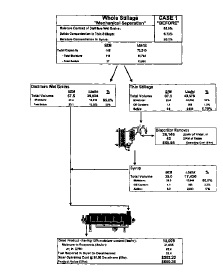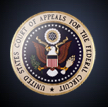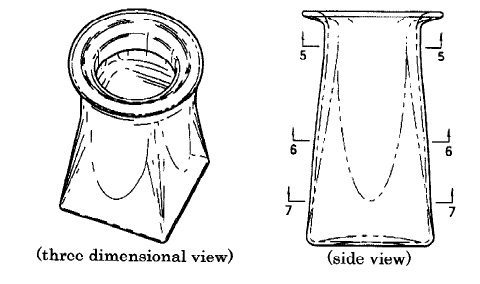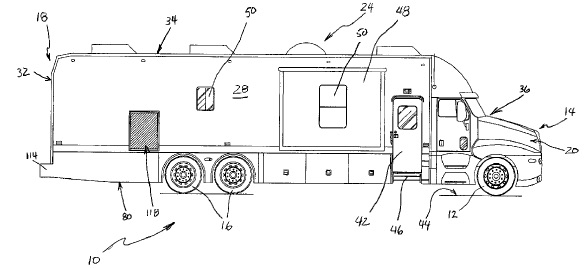Indianapolis, IN – The Southern District of Indiana has granted Draper, Inc’s of Spiceland, Indiana, motion for limited jurisdictional discovery in a patent infringement case. In November 2010, patent attorneys for Draper, Inc’s of Spiceland, Indiana filed a patent infringement lawsuit in the Southern District of Indiana alleging that MechoShade Systems, Inc and Joel Berman Associates, Inc. of Long Island City, New York infringed patent no. 6,164,428, Wrap spring shade operator, which has been issued by the US Patent Office.
Joel Berman Associates has been dismissed from the suit at this point. MechoShade has filed a motion to dismiss for lack of personal jurisdiction. In response, Draper requested the Court stay ruling on the motion to dismiss and allow  Draper to conduct jurisdictional discovery. Although MechoShade appropriately responded to Draper’s initial discovery requests, it refused to comply with subsequent requests. The court, in this ruling, addressed whether Draper’s requests were appropriate for the limited purpose of the personal jurisdiction inquiry. The court ordered MechoShade to produce the following: documents showing sales communications contacts in Indiana, information showing all warranty and repair work performed in Indiana, summary of presentations given in Indiana, sales lead lists. However, the court determined that MechoShade did not have to produce Commission Reports and Booking Reports, general marketing material, and access to its intranet. The court gave MechoShade until February 24, 2012 to produce the documents it ordered. Further the court ordered that all briefing on the motion to dismiss should be complete by March 24, 2012.
Draper to conduct jurisdictional discovery. Although MechoShade appropriately responded to Draper’s initial discovery requests, it refused to comply with subsequent requests. The court, in this ruling, addressed whether Draper’s requests were appropriate for the limited purpose of the personal jurisdiction inquiry. The court ordered MechoShade to produce the following: documents showing sales communications contacts in Indiana, information showing all warranty and repair work performed in Indiana, summary of presentations given in Indiana, sales lead lists. However, the court determined that MechoShade did not have to produce Commission Reports and Booking Reports, general marketing material, and access to its intranet. The court gave MechoShade until February 24, 2012 to produce the documents it ordered. Further the court ordered that all briefing on the motion to dismiss should be complete by March 24, 2012.
Practice Tip: The court has ordered that MechoShade produce a number of these items as summaries with the accuracy of the summaries to be verified by oath or declaration.
Continue reading
 Indiana Intellectual Property Law News
Indiana Intellectual Property Law News










